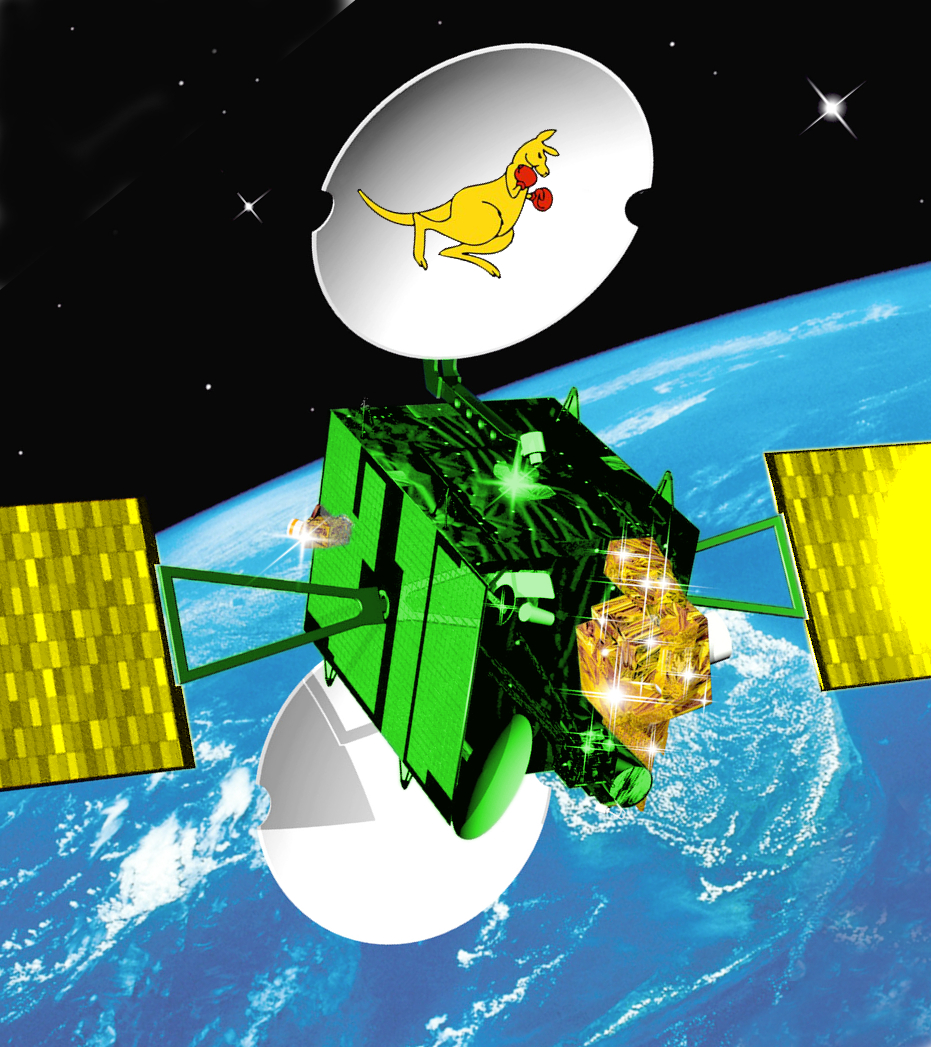Experts urge satellite water-watch
 Experts say satellites could enhance water quality management.
Experts say satellites could enhance water quality management.
A new space-based Earth observation system would be a valuable piece of infrastructure for monitoring and managing Australia’s inland and coastal water bodies, according to analysis from UNSW Canberra.
A scoping study has been completed as one of the first steps in the AquaWatch Australia water quality management mission being developed as a joint initiative between CSIRO and the SmartSat Cooperative Research Centre (CRC).
It was conducted at Australia’s premier space mission development centre, the Australian National Concurrent Design Facility (ANCDF) at UNSW Canberra.
ANCDF Manager and Space Systems Engineer Denis Naughton says that the infrastructure could include a constellation of satellites and a network of ground-based sensors and that the study provided an understanding of the project’s challenges and potential solutions.
“We were able to identify a system design that addresses those requirements and is feasible to construct, commission and operate,” Mr Naughton says.
“The consolidated technical solution for the operational AquaWatch satellites would require further detailed engineering analyses of the mission.”
Data gathered from space provides critical insights about water quality and natural events including toxic algal blooms, the contamination of drinking water and excess runoff from irrigation.
Earth observation satellites currently only provide 60 to 70 per cent coverage for major Australian water bodies, and while the quality of some inland waterways is monitored directly by testing, this data is not routinely combined with satellite data.
AquaWatch aims to complement existing systems and build a comprehensive national monitoring system to deliver real-time updates, predictive analytics and forecast warnings to water managers.
“The outcomes could lead to a step-change in Australia’s national water quality information delivery, supporting decision makers in water agencies, local communities, water utilities and commercial water users to provide safe drinking water, regulate contamination events, and monitor water quality across primary industry and assist with management of aquaculture farms, reef structures and our coastal environs,” according to SmartSat CRC’s Chief Executive Officer, Professor Andy Koronios.








 Print
Print